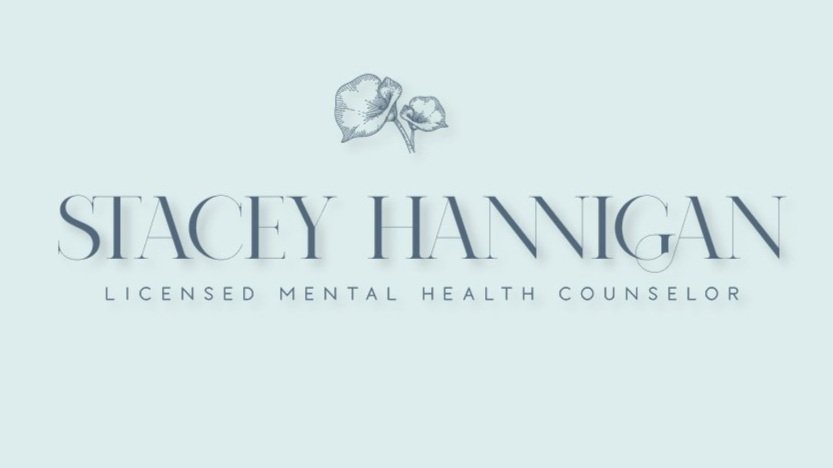
You already have everything you need. Now let’s learn to use it.
Online EMDR therapy serving adults throughout WA
Therapy doesn’t have to be just talking.
You actively avoid thinking or talking about some parts of your life. When you do think or talk about it, you immediately feel the same emotions and physical sensations that you did at the time of the event, like you’re reliving it.
You’ve already noticed that just talking about it doesn’t make you feel better; sometimes it makes you feel worse, even in therapy. You’re so tired of just talking about it endlessly and not getting any relief.
It’s hard to keep yourself from feeling hopeless about ever getting better.
Your past experiences don’t have to dictate your future life.
Healing isn’t just for everyone else.
EMDR therapy can help you work through those past experiences so that you no longer feel the need to avoid your own thoughts or emotions, or be wracked with fear and anxiety every day. It can help you identify and examine the negative thoughts you hold about yourself and the world that keep you locked in, and reliving, old stories.
EMDR therapy uses an 8-phase approach involving understanding your history, giving you concrete tools for calming and managing responses, resolving difficult memories, and identifying potential future challenges. Together, we’ll work through each phase at your pace, and always with your unique needs in mind.
So how does it work??
EMDR uses bilateral stimulation (BLS) through eye movements, sounds, or tapping to alternately stimulate right and left sides of the brain and tax working memory. This helps us access the negatively charged memory while maintaining a sense of safety, which in turn helps decrease the negative response to it. During the process, you are simultaneously aware of the memory as well as your current surroundings and experiences.
Healing those old wounds can be hard work, but my job is to make sure that the work is safe, and to share the weight of it all as you heal.
EMDR therapy can help you…
Reduce anxiety or fear connected to past memories
Reduce reactivity to specific triggers, especially things that remind you of past experiences
Learn and BELIEVE new and more helpful thoughts about yourself and the world
Find new ways of showing up for yourself and the people you love
At one point, small shoulders carried some heavy weight. It’s time to rest.
EMDR therapy for adults who:
Survived of any type of childhood abuse or neglect
Have experienced physical or sexual assault, intimate partner violence, and/or traumatic loss
Grew up with caregivers who weren’t emotionally available or present, or who only met the “concrete” needs

Frequently asked questions about EMDR therapy
FAQs
-
No, those memories are a part of you and EMDR therapy won’t change that. However, it can reduce all of the fear, anger, disgust, etc that causes you to want to erase those memories. It can also help to relieve the experience of intrusive memories, so that they’re no longer just popping up in your awareness without your consent.
-
Probably not. In my experience, doing EMDR therapy can sometimes result in clients remembering additional information or details about events that add helpful context. But these are usually details that the client has simply not thought about for a long time, not repressed memories. Because memory processing is unique to each individual, there can never be any guarantees about what will or will not come up, and trying to retrieve repressed or forgotten memories is not an appropriate goal for engaging in EMDR. However, EMDR can help relieve the tension or anxiety that is sometimes caused by gaps in memories.
-
In a word, no. Hypnosis involves an altered mental state and an intentional redirection of awareness away from the present. EMDR involves dual awareness, which is holding a past memory in mind while simultaneously being fully aware of the present.
That said, some hypnotherapy techniques can be useful both in preparation of working through difficult memories, or to reduce any discomfort after an EMDR session. We can discuss this together in more detail to find approaches that work best for you.
-
Yes! Sharing all of the details of your past experiences, or even the details that might arise when we’re working through memories, is not required for EMDR therapy. You can share as much or as little detail as you want and still find healing. You own your story throughout the whole process.

